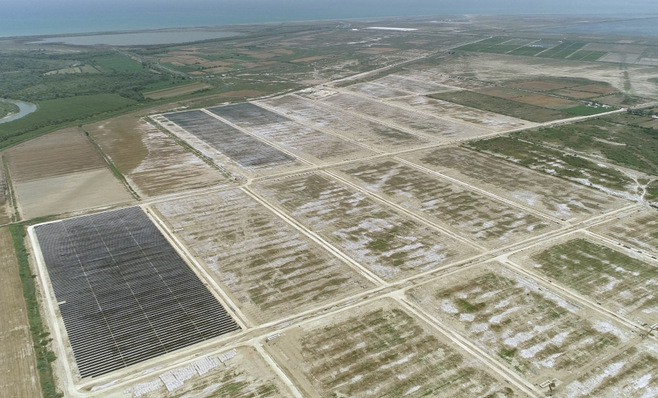Sponsored by Americans for a Clean Energy Grid as part of the Macro Grid Initiative, Macro Grids in the Mainstream: An International Survey of Plans and Progress examines whether, and to what extent, other countries are planning and building Macro Grids, defined as a network of ultra-high voltage regional and interregional transmission lines, expansive in geographical scope.
“This report shows that interregional transmission Macro Grids are a worldwide phenomenon,” said James McCalley, Distinguished Professor and London Chair Professor of Power Systems Engineering at Iowa State University. “The US is lagging behind, yet, it has every reason to catch up since Macro Grids are highly effective in decreasing the cost of electric energy throughout the nation for any portfolio of resources, providing grid reliability, resilience, and adaptability, while facilitating the integration of renewables which are not only carbon-free but are today’s least-cost generation technologies.”
US lags far behind
Interest in interregional transmission and Macro Grids (sometimes called “supergrids”) has grown worldwide, according to the report. China, the European Union, South America and India are all investing in large-scale transmission infrastructure. The report shows the United States lagging far behind other countries in planning and building these networks, beneficial for reliability and resilience and necessary for the cost-effective integration of new wind and solar energy projects.
See also: Chint Solar completes three solar parks
“It is both inspiring and disconcerting to see the progress others are making building large infrastructure,” said Rob Gramlich, Executive Director of Americans for a Clean Energy Grid. “This year marks the 50th anniversary of the 846-mile, 3,100-megawatt Pacific DC Intertie, so America has done this before, and we can do it again.”
Macro Grid will help to compete
“Despite multiple research studies demonstrating the significant economic benefits of a Macro Grid, the US now lags behind its peers with an antiquated electric grid and transmission system,” said Tracy Warren, Director of the Macro Grid Initiative. “An advanced Macro Grid will help us compete internationally with countries that have already built high-voltage long distance lines, and it will also enable the integration of higher levels of renewable power.” (mfo)







